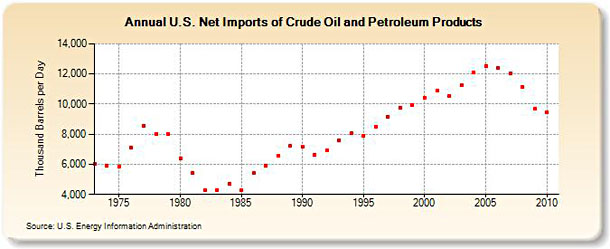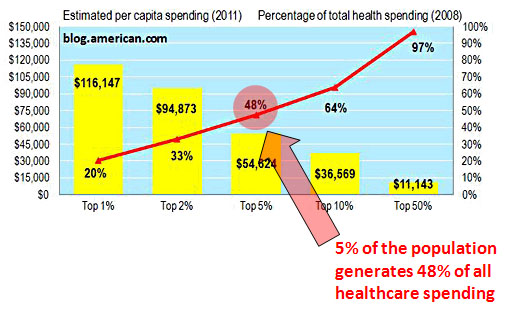I don’t always understand everything Karl Smith says, but I’ve learned to dismiss him at my peril. Here he is yesterday:
The ECB is no longer controlling the marginal cost of funding and that indeed the cost of such funding is rising much higher than the official 1.25% rate, at least up to 2.25% and perhaps as high as 6–7%. This incredibly contractionary monetary “policy” began sometime earlier this year and is continuing to accelerate. I put policy in scare quotes because there is no policy as such there is simply contraction.
….I don’t have it all sorted out but its not clear that there is a fully functioning money market in Europe right now. Well informed opinion suggests that there is literally  a shortage of know-how on the ground….It’s really maddening and quite disconcerting.
a shortage of know-how on the ground….It’s really maddening and quite disconcerting.
And this morning, responding to an Alphaville post by Izabella about a new liquidity program from the Italian Treasury:
The marginal cost of funds — the key instrument in monetary policy — is diverging between countries and local central banks and governments are having to step in to attempt to solve the mess. Izabella is cautious in her wording and that is a good thing. However, because I was cautious last time this happened — and roundly ignored — I will be loud this time.
The Eurozone is now a single currency area in name only. Worse, the national central banks do not have the power to control monetary policy. Which means by American or British standards there is no monetary policy in Europe right now. There is regimented chaos.
And a few hours later on an ECB program to partially backstop sovereign debt in the eurozone:
Obviously I have long advocated this as the only way to stem the crisis. At this point, however, I am not sure it will work. The ECB may have a larger problem if the marginal cost of cash is diverging across countries.
….A credible cap can keep the Eurozone from flying apart, but if short yields maintain their spread that is evidence of different effective monetary policy in different countries and possibly cripplingly tight monetary policy in the periphery. I say that with the full recognition that it is not even clear what it means to say that there is different monetary policy under the same currency. What I mean is that there are differing marginal costs of funding. Some questions:
1. Does this extend up into the commercial paper markets?
2. How many firms have access to credit from outside their country?
3. How many households have access to credit from outside their country?
Of these questions I would usually consider (1) the most important but the prevalence of small and medium sized business in the periphery may mean that (2) is the most important.
I won’t pretend to fully understand this, and it may be less important than Karl thinks. Roughly speaking, though, he’s saying that the repo market is now controlling the cost of funds in Europe, not the ECB, and that cost is higher in the periphery than in the core. It’s an inversion of what happened from 2001-07, when the ECB did control monetary policy, and that single monetary policy for the entire continent was a little too tight for Germany but far too loose for the periphery. Now, though, it’s just the opposite and effective monetary policy is far too tight for the periphery.
The former led to the disaster we see today. The latter is going to make that disaster far worse. The “slow run” on the European periphery appears to be finally turning into a garden variety run, and the next stop is full-scale panic.
Either that or Karl is wrong.

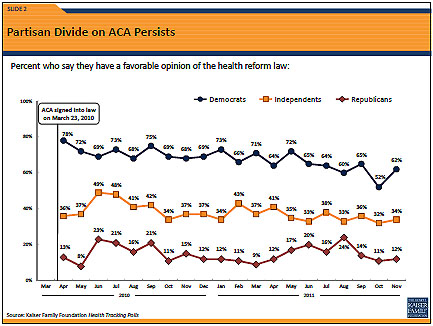
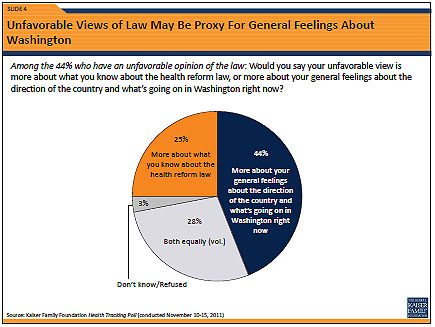
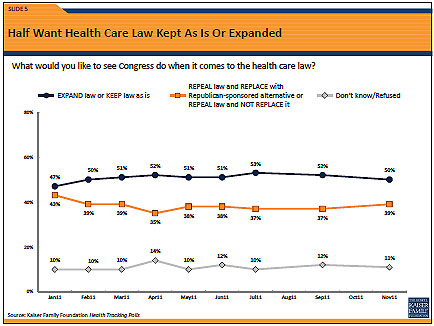
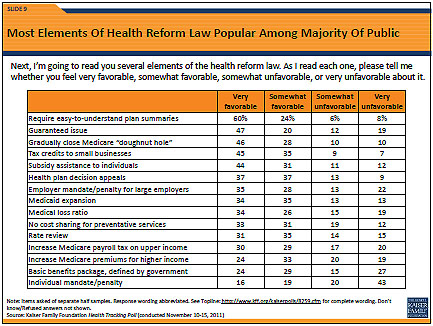
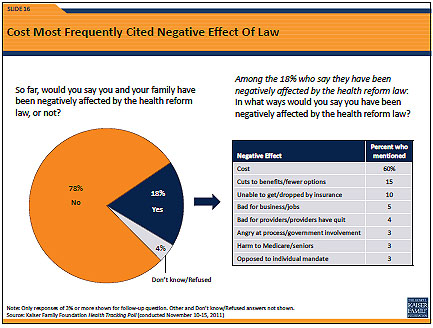
 week, the CEO of Saudi Aramco said that global production from tar sands and shale oil now looked so promising that there was
week, the CEO of Saudi Aramco said that global production from tar sands and shale oil now looked so promising that there was  a shortage of know-how on the ground….It’s really maddening and quite disconcerting.
a shortage of know-how on the ground….It’s really maddening and quite disconcerting.